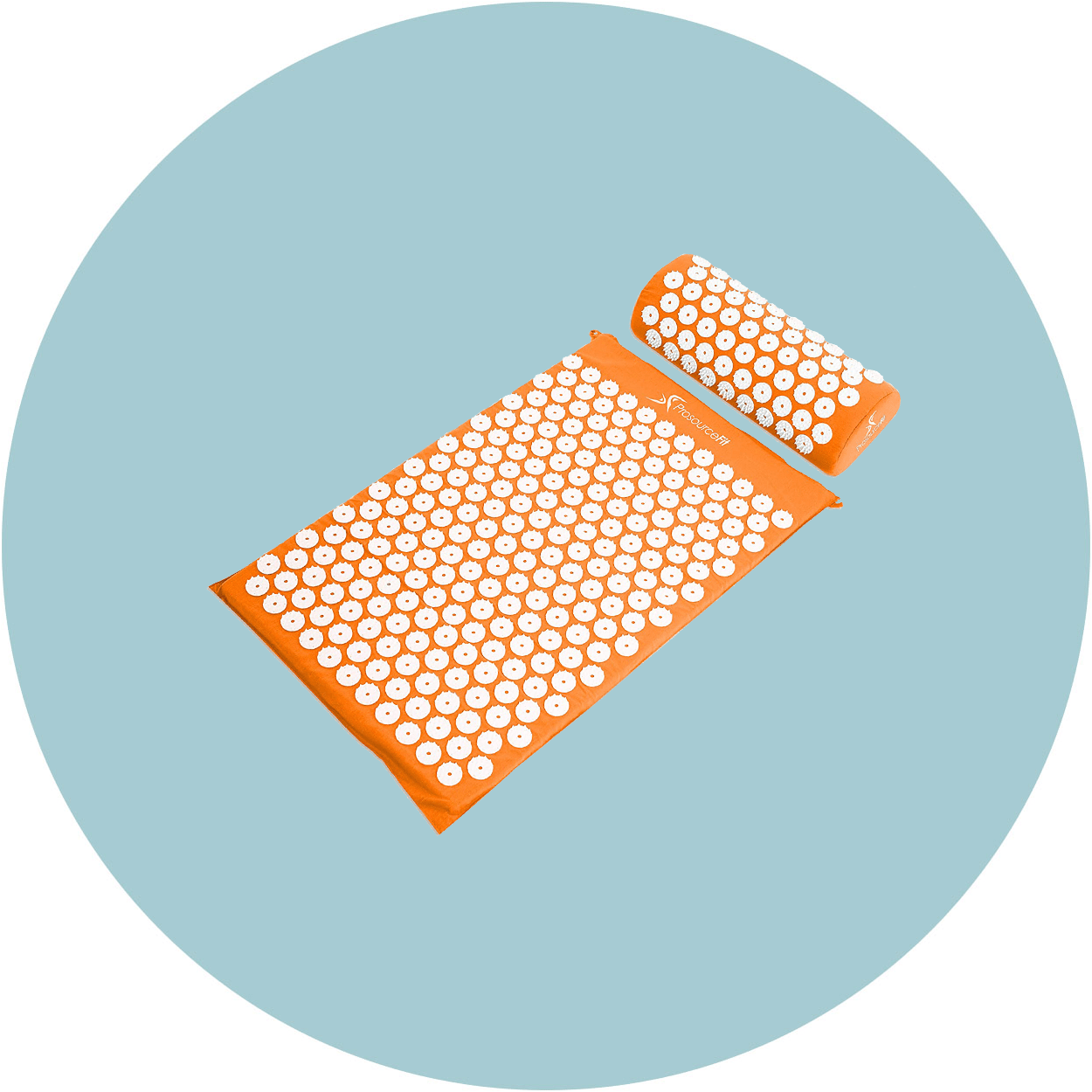Rejection Sensitive Dysphoria: Symptom Test for ADHD Brains
Rejection sensitive dysphoria, or the extreme emotional pain linked to feelings of rejection and shame, commonly affects children and adults with ADHD. Use this self-test to determine if your symptoms match those of RSD.
Rejection Sensitive Dysphoria Test: RSD Symptoms Checklist
Rejection sensitive dysphoria (RSD) is an intense emotional response caused by the perception that you have disappointed others in your life and that, because of that disappointment, they have withdrawn their love, approval, or respect. The same painful reaction can occur when you fail or fall short of your rather high goals and expectations. RSD commonly occurs with ADHD, and causes extreme emotional pain that plagues both children and adults — even when no actual rejection has taken place.
Rejection sensitive dysphoria is difficult for people with ADHD to describe, but all who have it agree that it feels awful. Indeed, the term dysphoria is literally Greek for “unbearable.” Often those with RSD hide these intense emotional reactions from other people, and feel ashamed of their vulnerability. The condition often triggers a profound and wide-reaching sense of failure, as though the person with RSD hasn’t measured up to personal or external expectations.
Could RSD be the cause of your strong emotional responses? Take the results of this self-test to a trained ADHD professional to discuss your options for managing symptoms.
Adapted from the work and presentations of William Dodson, M.D. Not a diagnostic tool. If you have concerns about possible RSD, see a mental health professional. An accurate diagnosis can only be made through clinical evaluation. Screener for personal use only.
Can’t see the self-test questions above? Click here to open this test in a new window.
Rejection Sensitive Dysphoria: RSD Next Steps
1. Read: New Insights Into Rejection Sensitive Dysphoria
2. Take This Test: The ADHD Test for Women
3. Understand Why ADD Makes You Feel. So. Much.
4. Subscribe to ADDitude magazine
5. Download Understanding Rejection Sensitive Dysphoria
6. Take This Test: Do I Have ADHD? Symptom Test for Adults
7. Take This Test: Do I Have a Mood Disorder? Symptom Test for Adults
8. Read the ADDitude eBook “9 Conditions Often Diagnosed with ADHD”






